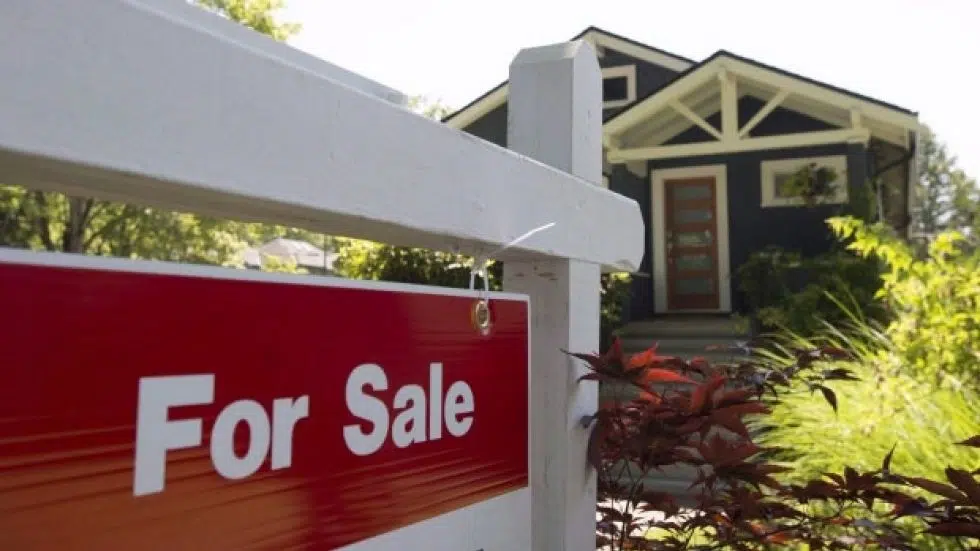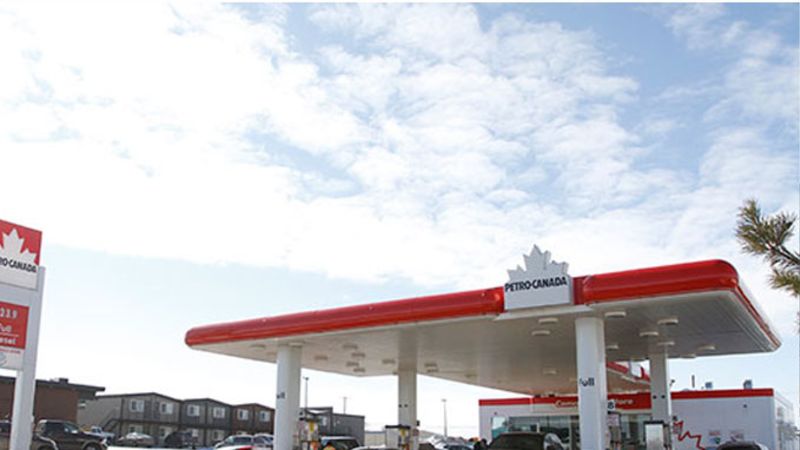
Foreclosures on the rise in Sask., says new report
Saskatchewan has the highest rate of people behind on their mortgage payments in the country, according to a new report published by the Canadian Bankers Association (CBA).
While 99 per cent of people are in good standing with their mortgages, .78 per cent are in arrears which is over three times the national average of .23 per cent. Credit Market & Economic Policy Unit Director Alex Ciappara said the news is not all bad.
“It’s still a pretty healthy market and [the percentage in arrears] is very small compared to other countries,” he said. “For instance if you take a look at the United States, at its worst the arrears were around 5.2 per cent.”
Even with that positive outlook from the CBA, the Saskatchewan NDP claims the Sask. Party government has left homeowners struggling when it comes to meeting their mortgage payments.


